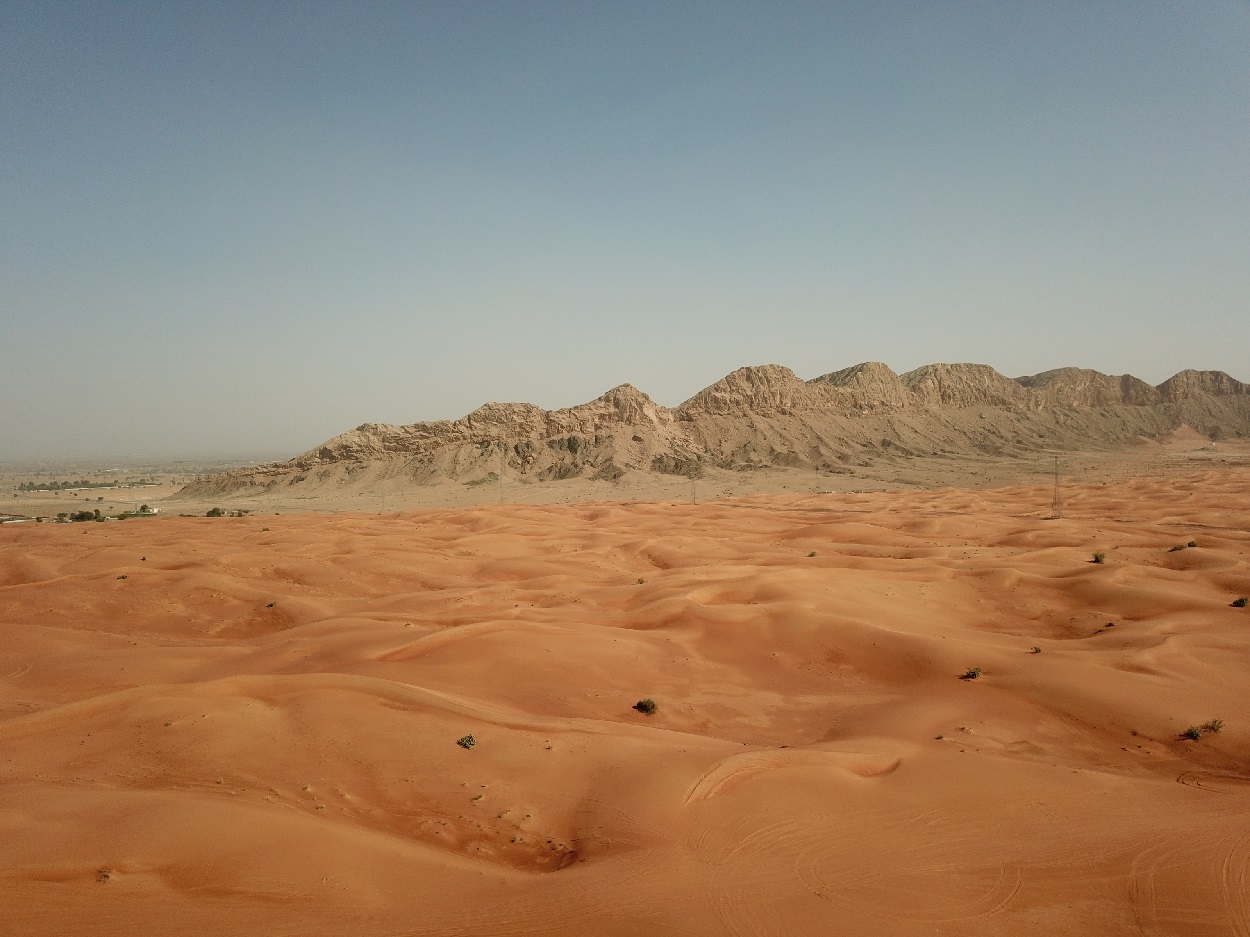An international study, led by researchers from Friedrich Schiller University Jena, have uncovered 80,000-year-old stone blades made by Homo sapiens in Arabia.
The discovery was made at Jebel Faya, an archaeological site near Al Madam in the Emirate of Sharjah, the UAE.
Previous excavations have revealed tool assemblages from the Palaeolithic, Neolithic, and Bronze Age, reflecting occupation of the region between 210,000 and 10,000-years-ago.
In a recent study, published in the journal Archaeological and Anthropological Science, new chronometric data indicates that the youngest Middle Palaeolithic layer at Jebel Faya (AH II) represents human occupation at the site around 80,000 years ago, near the end of the MIS 5 humid phase.
The stone tool assemblage from this period is characterised by elongated flakes with parallel edges, mainly manufactured using bidirectional methods. According to the study authors, these were made by Homo sapiens and are the oldest evidence of systematic stone blade production on the Arabian Peninsula.
“Our results indicate that South Arabia played a completely different role in the establishment and cultural diversification of Homo sapiens populations in Southwest Asia than the north of the peninsula,” says Dr. Bretzke from the Friedrich Schiller University in Jena.
“The discovery sheds new light on the settlement history of Arabia and thus also on the routes that Homo sapiens used to spread out of Africa. The research results have now been published in the journal “Archaeological and Anthropological Science,” added Dr. Bretzke.
Header Image Credit : Alexandermcnabb – CC BY-SA 4.0
Sources : Friedrich Schiller University Jena – https://doi.org/10.1007/s12520-025-02164-z





